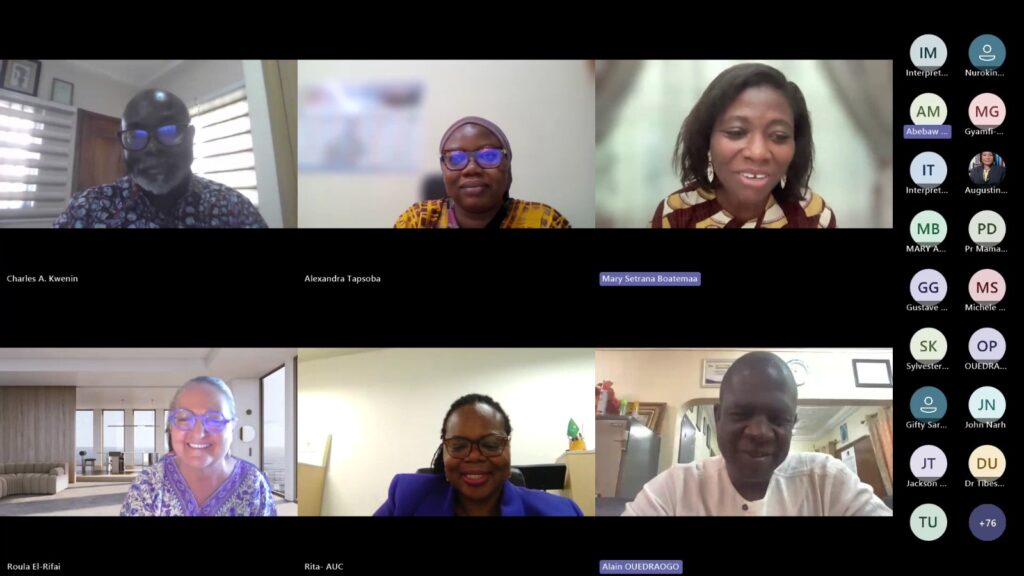The reality of climate-induced displacement in West Africa continues to reveal far-reaching consequences for individuals, households and entire communities. Its outcomes cut across loss of livelihoods, insecurity, health risks and disrupted social fabrics and sometimes the ultimate price of death. For policymakers, governments, international organisations and researchers, the issue has become a pressing concern because of the scale of displacement, its complexity and the disproportionate impacts it has on vulnerable groups.
What is increasingly evident is that climate change is no longer a future threat but a lived experience that intersects with conflict, weak governance and entrenched inequalities. This intersection produces displacement scenarios that are multidimensional and resistant to simple solutions. The growing urgency makes it clear that, beyond humanitarian relief, long-term, inclusive and gender-sensitive responses must be prioritised.
Research has consistently shown that the groups most affected by displacement are not homogeneous. They include farming families whose arable lands are degraded, fishing communities losing water sources, youth whose educational paths are interrupted and particularly women and girls who face heightened exposure to violence, exclusion from decision-making and reduced access to resources. These gendered dimensions underline why new research efforts and advocacy are turning a sharper lens on how women experience and respond to displacement.
Against this backdrop, the International Development Research Centre (IDRC) supports Research Chairs on Forced Displacement in West Africa, Professor Mary B. Setrana (Centre for Migration Studies, University of Ghana) for Anglophone West Africa and Dr. Tiga Alain Ouedraogo (Joseph Ki-Zerbo University, Burkina Faso) for Francophone West Africa. Their mandate as part of a group of twelve IDRC Research Chairs in the Global South is to first produce academic knowledge and strengthen the use of the same to drive and influence policy, create platforms for dialogue and promote regional collaboration.
This commitment was exemplified in the high-level regional webinar on “Intersecting Crises: Gender, Climate Change and Forced Displacement in West Africa,” held virtually on July 18, 2025. The webinar brought together over 150 participants from diverse institutions across Africa, Europe, North America, Asia and Oceania, with countries represented ranging from Ghana, Burkina Faso and Nigeria to Canada, Germany and New Zealand.
Insights from the Presentations
At the opening, Ms. Roula El-Rifai, Senior Programme Specialist with the Democratic and Inclusive Governance Division at IDRC and chair of the session, described the webinar as “a first in a series from West Africa and a clear example of regional cooperation between the two Chairs in unearthing critical evidence.”
She highlighted that the initiative reflects the value of collaborative research across Anglophone and Francophone divides. Looking ahead, she noted that the next global convening in June 2026 in Morocco will provide a platform to showcase new knowledge, with a strong emphasis on policy dialogue and the practical use of research findings.
Prof. Setrana drew on emerging evidence from Ghana, Nigeria and Sierra Leone to highlight how women and girls are disproportionately burdened during displacement, facing risks of gender-based violence, the collapse of support networks and long-term barriers to education and livelihood opportunities. She argued that solutions must go beyond counting displaced persons to actively addressing inequalities that shape their vulnerabilities.
Dr. Ouedraogo provided perspectives from Burkina Faso, particularly in Kaya, where climate stress overlaps with existing conflict-driven displacement. His analysis showed how fragile environments and insecure contexts create cycles of poverty, displacement and gender inequality. Breaking these cycles, he argued, requires integrated approaches that combine climate adaptation, social inclusion and peacebuilding.
Adding an institutional voice, Ms. Rita Amukhobu, Head of the Humanitarian Affairs Division and in charge of the Free Movement Protocol at the African Union Commission’s Department of Health, Humanitarian Affairs and Social Development, stressed that continental frameworks already exist to guide responses to migration and displacement. However, she acknowledged that policy implementation remains uneven and called for stronger accountability, particularly in mainstreaming gender perspectives across all levels of action.
Mr. Charles A. Kwenin, CEO of the International Migration Policy Recruitment and Advocacy Centre and former IOM Regional Director, situated the debate in a broader migration governance context. He warned that climate-induced displacement is already reshaping migration flows within and across borders. Without proactive and coordinated governance, the region risks sliding into deeper insecurity and instability.
Lessons and Way Forward
The discussions revealed several vital lessons. Displacement in West Africa must be understood as a multi-layered crisis that is at once environmental, social, gendered and political, and it demands responses that connect across these areas rather than treating them in isolation. Gender emerged as a central concern, not simply because women and girls are among the most affected, but because they are also key agents of resilience whose perspectives and voices should shape both policy and practice. Another clear lesson is the value of regional collaboration, with the partnership between the Anglophone and Francophone IDRC Chairs showing how shared strategies and knowledge exchange can strengthen the region’s collective response.
The way forward is equally clear. Governments and partners need to commit to policies that take gender seriously, strengthen the resilience of at-risk communities and ensure that humanitarian action is connected to long-term development planning. The evidence produced through initiatives like the IDRC Chairs cannot remain in academic spaces but must be carried into practical action that is inclusive, accountable and capable of transforming lives.
The intensifying climate pressures make room for the need to address forced displacement. This situation requires immediate crisis response and the establishment of a more equitable and sustainable future across West Africa.

